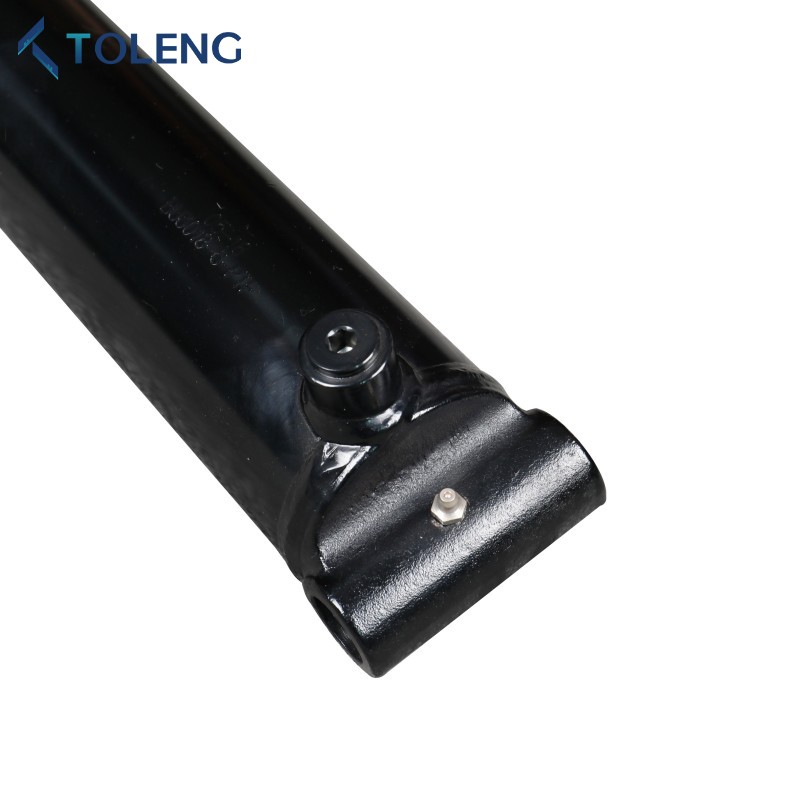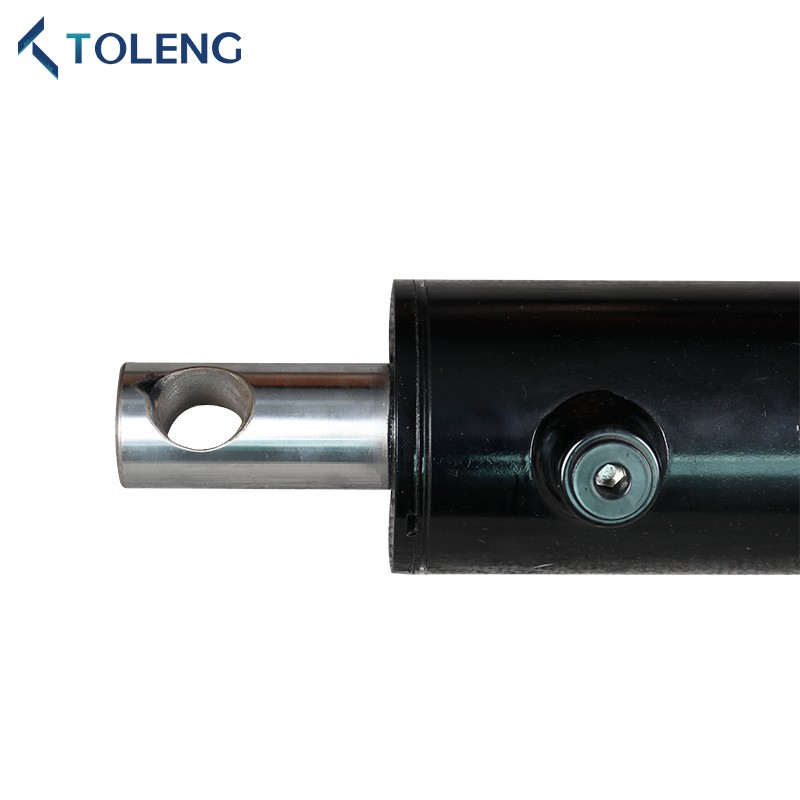What are the common causes of oil leakage in hydraulic cylinders?
2025-03-28
Hydraulic cylinder oil leakage is a prevalent issue in hydraulic systems, affecting not only the equipment's functionality but also leading to environmental pollution and increased maintenance costs. Therefore, it is very important to know the common causes of hydraulic cylinder oil leakage.
Here are some common causes of oil leakage in hydraulic cylinder.


1. Seal aging or damage.
Hydraulic cylinder seals (such as O-ring, Y-ring, U-ring, etc.) are the key components to prevent hydraulic oil leakage. With prolonged use, seals may lose their elasticity due to aging, wear, or corrosion, resulting in a decreased sealing effect and potential oil leakage issues.
2. Damage of the hydraulic cylinder surface.
If there are scratches, pits, or corrosion on the piston rod or cylinder surface of the hydraulic cylinder, it will break the close contact between the seal and the metal surface, resulting in oil leakage.
3. Improper Installation of the hydraulic cylinder.
When installing the hydraulic cylinder, if the seal is not installed properly, the fastening bolt is not tightened to the specified torque, or the connection between the cylinder and the equipment is not matched correctly, oil leakage may occur.
4. Contamination of the hydraulic cylinder.
Contaminated hydraulic oil, mixed with impurities, water, or other pollutants, will accelerate seal wear and may even cause seal damage, leading to oil leakage.
5. High working pressure.
If the pressure in the hydraulic system surpasses the design working pressure of the cylinder, it can result in seal failure due to excessive stress, subsequently causing oil leakage.
6. Overheating.
Prolonged operation of the hydraulic system in a high-temperature environment can cause the sealing material to soften or deform, resulting in decreased sealing performance and eventual oil leakage.

























